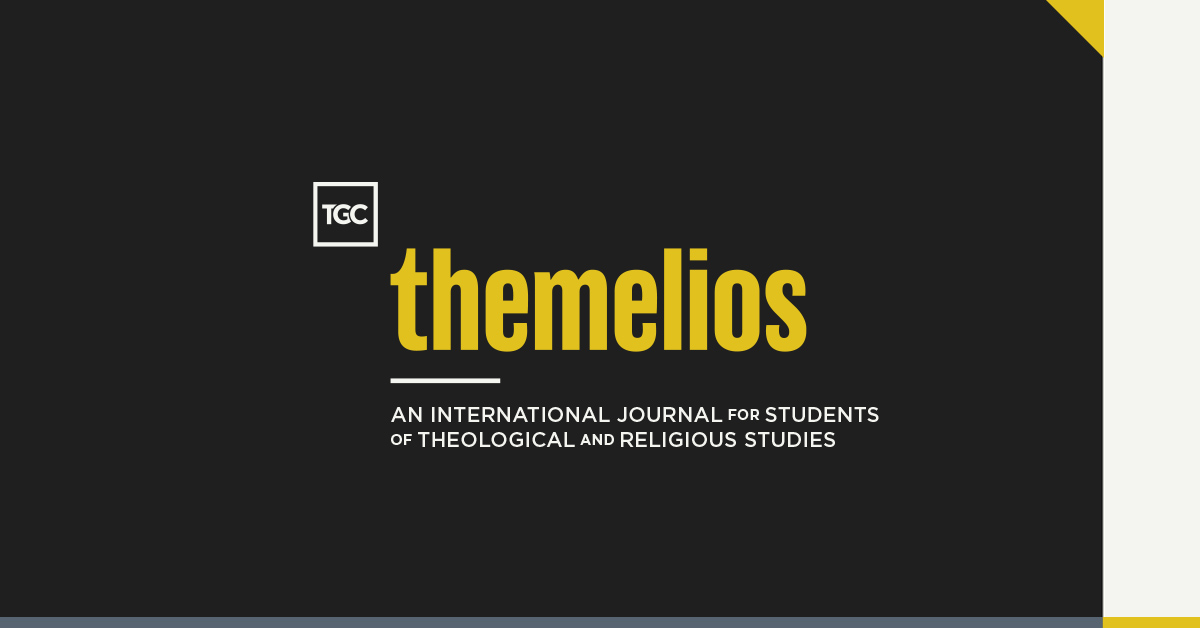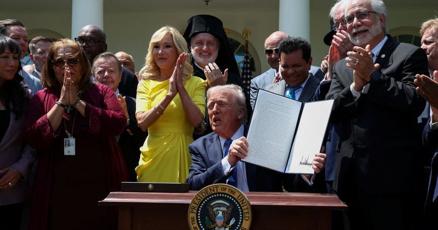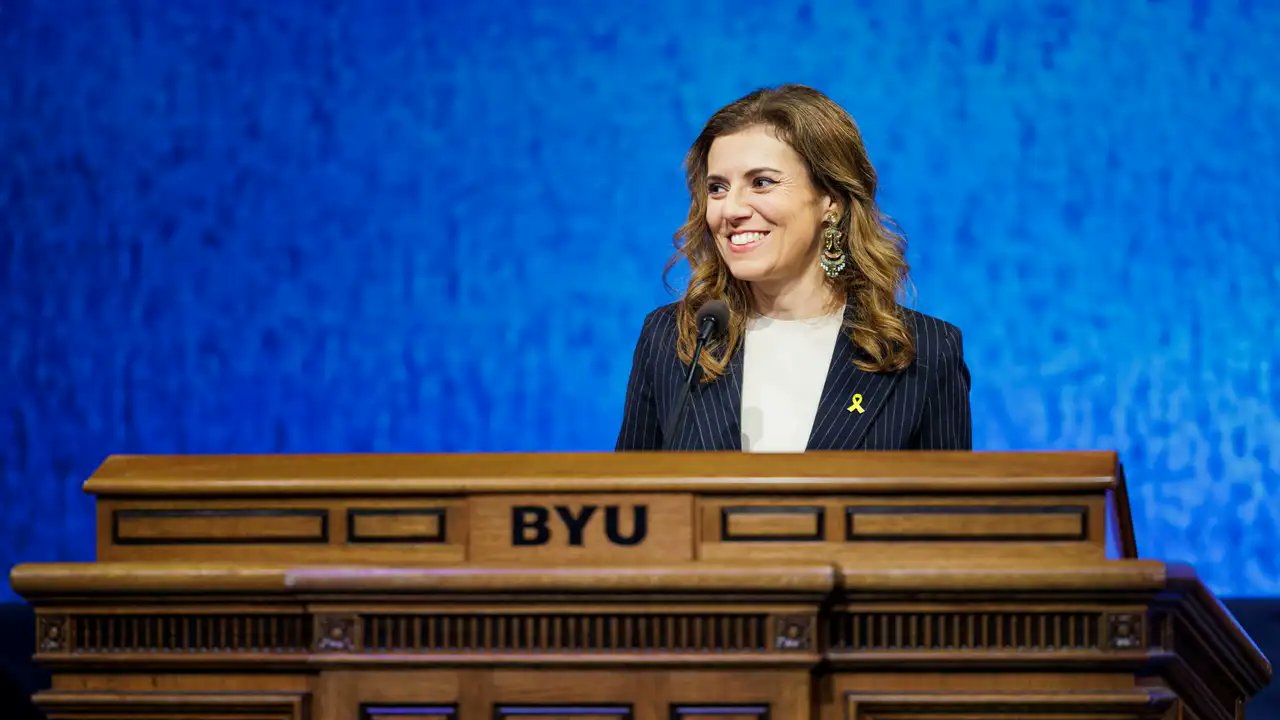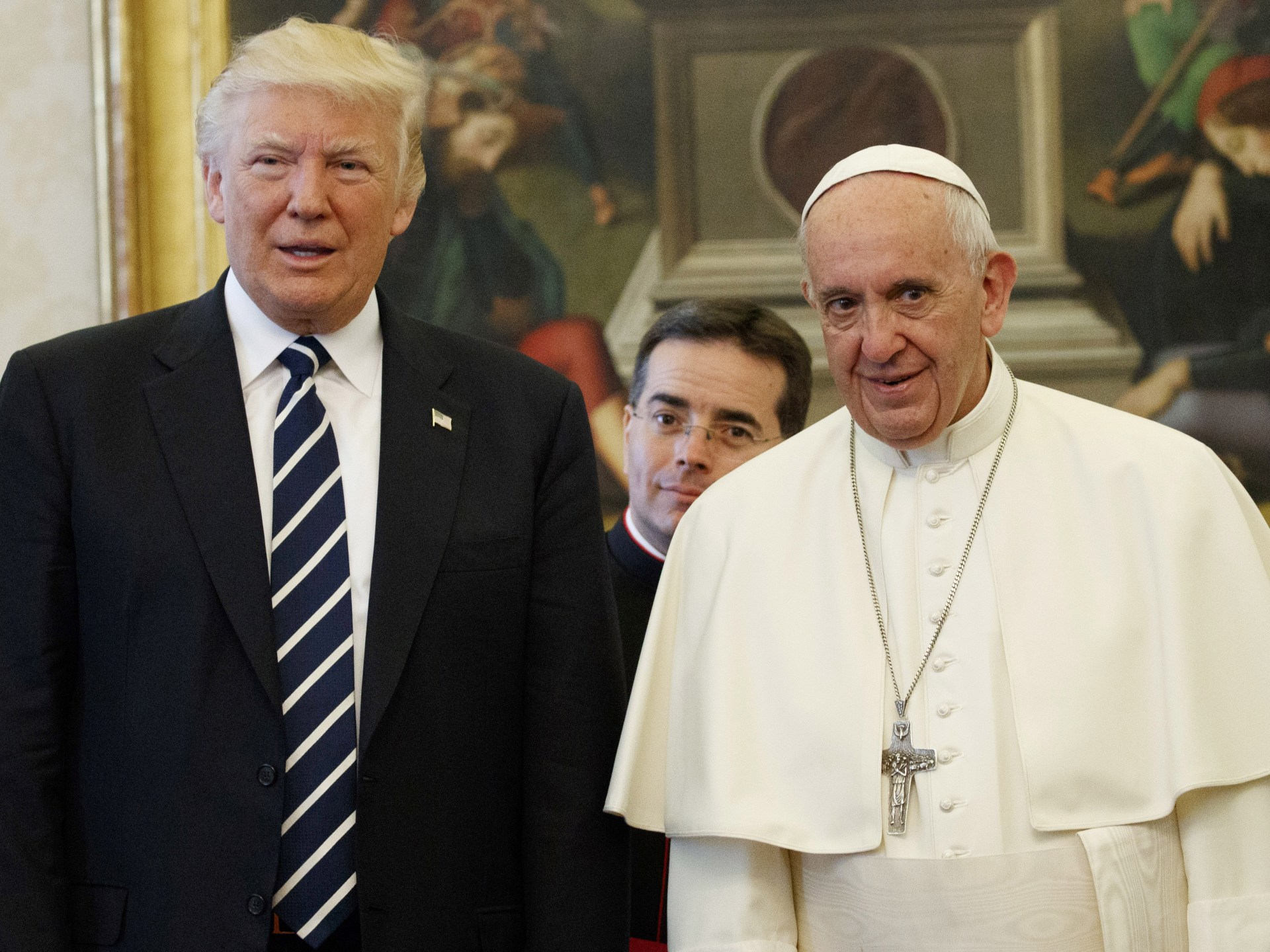Faith at Work: Navigating Spiritual Identity in the Modern Corporate Landscape
Religion
2025-04-28 23:18:33Content

Rethinking Religion in the Modern Workplace
In their groundbreaking research on workplace dynamics, social scientists Ecklund, Daniels, and Scheitle challenge traditional perspectives on religious expression in professional environments. Launching their comprehensive study in 2018, the researchers argue that completely excluding religion from workplace interactions is neither practical nor beneficial.
Their research conclusively demonstrates that suppressing religious dialogue is counterproductive and fails to recognize the complex ways faith intersects with professional life.
The authors propose an innovative approach that examines religious expression through multiple lenses, considering both individual characteristics and broader group dynamics. Their work seeks to create a more nuanced understanding of how faith manifests in professional settings.
Key Research Insights
- Religion cannot be simply eliminated from workplace interactions
- Individual and group characteristics significantly influence religious expression
- A more inclusive approach can foster better workplace understanding
By challenging existing paradigms, the researchers aim to develop more comprehensive strategies for managing religious diversity in professional environments.
Faith at Work: Navigating the Spiritual Landscape of Modern Workplaces
In an era of increasing workplace diversity and complex interpersonal dynamics, understanding the role of religious expression has become more critical than ever. The intersection of personal beliefs and professional environments presents a nuanced challenge for employees, managers, and organizational leaders seeking to create inclusive and respectful workspaces.Transforming Workplace Culture: Where Faith Meets Professionalism
The Evolving Paradigm of Religious Expression
Contemporary workplace dynamics have dramatically transformed how individuals perceive and integrate their spiritual identities within professional settings. Unlike traditional models that advocated for complete separation of personal beliefs from work environments, modern research suggests a more holistic approach. Social scientists are increasingly recognizing that religious identity is not a compartmentalized aspect of human experience but an integral component of individual and collective workplace interactions. Employers and employees alike are discovering that acknowledging religious diversity can foster deeper understanding, enhance communication, and create more empathetic organizational cultures. This shift represents a profound reimagining of workplace inclusivity, moving beyond mere tolerance to genuine appreciation of diverse spiritual perspectives.Navigating Complex Interpersonal Dynamics
Understanding religious expression in professional contexts requires sophisticated interpersonal skills and organizational sensitivity. Researchers have identified multiple dimensions through which faith manifests in workplace interactions, ranging from subtle personal practices to more explicit group expressions. The complexity of these interactions demands nuanced approaches that balance individual religious freedoms with collective workplace harmony. Organizations must develop frameworks that respect personal beliefs while maintaining professional standards and preventing potential conflicts. This delicate balance requires ongoing dialogue, cultural competence, and a commitment to mutual understanding.Psychological and Organizational Implications
Emerging research reveals significant psychological benefits when workplaces create environments that allow authentic spiritual expression. Employees who feel comfortable integrating their religious identities experience enhanced job satisfaction, increased emotional well-being, and stronger interpersonal connections. From an organizational perspective, embracing religious diversity can lead to improved team dynamics, enhanced creativity, and a more robust organizational culture. By recognizing that employees bring their entire selves to work—including their spiritual identities—companies can unlock potential for deeper engagement and more meaningful professional relationships.Strategic Approaches to Religious Inclusivity
Developing effective strategies for managing religious diversity requires multifaceted approaches. Organizations must move beyond simplistic policies of neutrality to actively creating spaces that honor different spiritual traditions. This might involve designing flexible accommodation policies, providing meditation or prayer spaces, and implementing cultural competency training. Leadership plays a crucial role in modeling inclusive behaviors and establishing organizational norms that respect religious differences. By demonstrating genuine curiosity and respect for diverse spiritual perspectives, managers can create environments where employees feel valued and understood.Future Trends and Emerging Perspectives
As global workforces become increasingly interconnected and diverse, the role of religious expression will continue to evolve. Technological advancements and remote work environments present new challenges and opportunities for understanding spiritual identity in professional contexts. Forward-thinking organizations will likely develop more sophisticated, nuanced approaches to religious diversity, recognizing it as a source of strength rather than potential conflict. This will require ongoing research, open dialogue, and a commitment to creating truly inclusive workplace cultures.RELATED NEWS

Faith at a Crossroads: Is Pennsylvania's Religious Landscape Turning a Corner?







